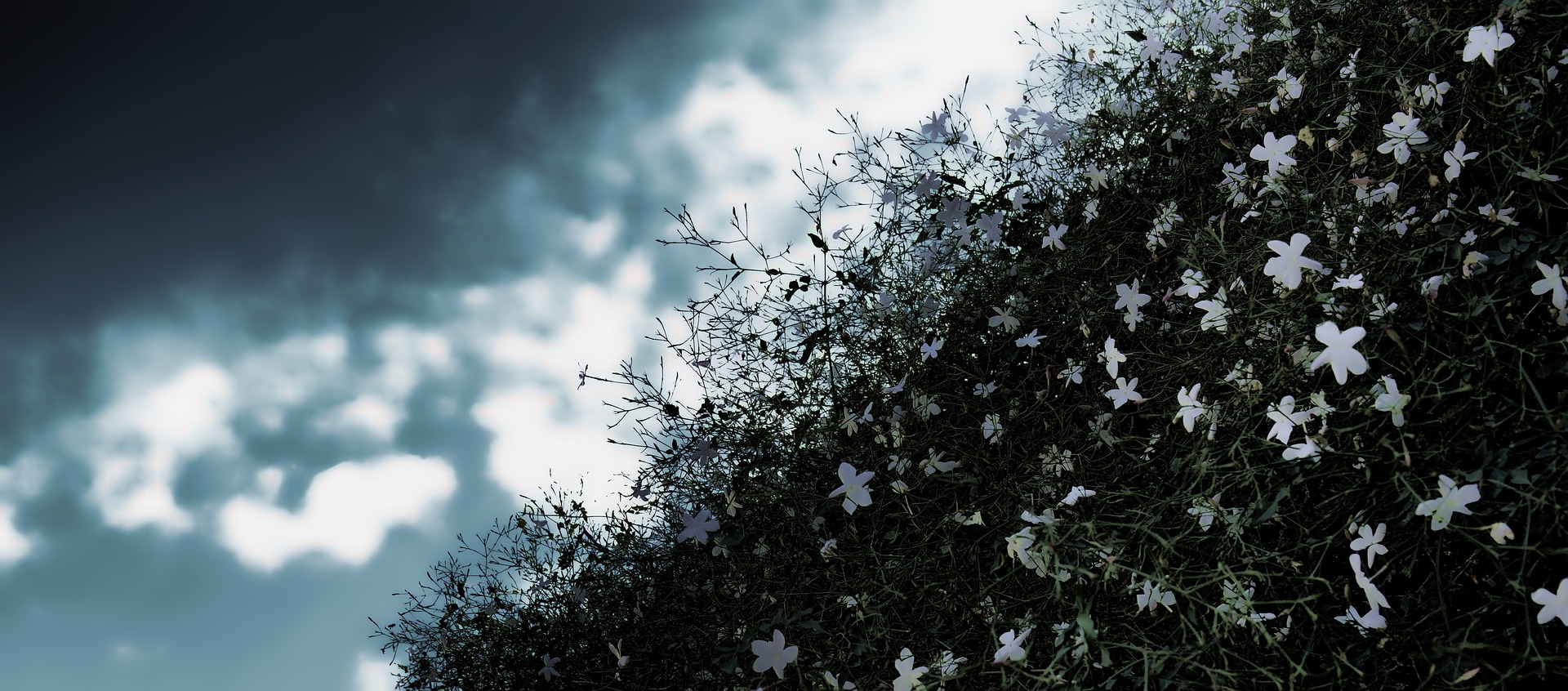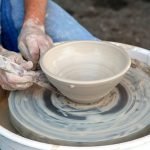A family of vines and shrubs known as the Oleaceae, the jasmine genus is also known as Jasminum. The Arabic word “jasmine flower in hindi” is the source of the word “jasminum.” These flowers, which are native to the Himalayas and primarily grow in tropical and subtropical areas, are well known for their distinctive smell and stunning colors, making them a wonderful addition to your indoor or outdoor garden. Jasmine is a flower that can be found in more than 200 different types worldwide. The purpose of this article is to list the top varieties of jasmine flower in hindi.
Despite the fact that jasmine flower in hindi are grown commercially throughout India, the states of Maharashtra, Uttar Pradesh, West Bengal, Rajasthan, Andhra Pradesh, Karnataka, and Tamil Nadu are the only ones that do so.
India’s various jasmine flower varieties
1. Regular Jasmine
These deciduous climbers, sometimes known as Summer jasmine, True jasmine, or Poet’s jasmine, are the most extensively grown jasmine variety in India. The flowers have five petals, are white, and have an intense perfume. These plants are a wonderful addition to your garden because they bloom in the summer with big flowers.
2. Oriental Jasmine (Jasminum sambac)
These blooms, which are indigenous to the eastern Himalayas, contain several layers. In India, it is a perennial vine that blossoms all year round. These flowers are also fantastic for your home’s decor because of their lovely white hues and delicious scent. For them to thrive, a temperate climate is necessary.
3. Yellow Jasmine (Jasminum Humile)
These plants, another variety that is indigenous to the Himalayas, thrive in cold climates. The flowers are scented, funnel-shaped, and yellow in color, hence the name.
4. Fourth, Star Jasmine
Since the bloom was not originally a member of the Jasminum family, the evergreen plant falls under the category of fake jasmine. Due to its likeness to jasmine blossoms, it is included in the category. There are many of these evergreen plants in Indian homes.
5. Fifth, White Jasmine
It is a jasmine climber variety that is evergreen. These plants grow quickly and are typically grown in homes for decorative purposes. They have stunning red-pink flowers and dark green leaves.
6. Cape Jasmine (Gardenia Jasminoides)
These plants thrive in warm climates and require a lot of maintenance, but they are frequently a popular choice among many people due to their hardiness. These blooms have a seductive scent. Jasmine also comes in a false variety.
7. Nightblooming jasmine (Cestrum nocturnum)
All over India, ratatraani is planted most frequently as a houseplant. Although you can grow them indoors in cooler climates, it can live in subtropical climes with ease. The blooms bloom at least four times a year all at once, are stunning, and have a strong perfume.
8. Jasmine à la fé (Jasminum fruticans)
This evergreen plant has bunches of yellow blooms with no scent at all and dark green foliage. Wild jasmine plants don’t need much care and can tolerate drought, although they grow more slowly than other types of jasmine.
9. Royal Jasmine (Jasminum Grandiflorum)
The leaves of Royal Jasmine are used in a variety of herbal medicines according to Ayurveda. This deciduous shrub, which is widely grown for ornamental purposes, typically needs a temperate or subtropical climate. The white blossoms are quite lovely and have a distinctive scent.
10. Rose Jasmine (Jasminum Mesnyi)
This kind of jasmine grows quickly but can be kept under control with careful pruning. It is an evergreen shrub with dark green foliage and yellow flowers. Every time you prune this species, it becomes bushier, making it a popular choice for landscaping.
Jasmine’s uses
In India, jasmine is utilised for a variety of things and is revered greatly in Hinduism. In addition, the plant is a powerful relaxant and is used in Ayurvedic treatment. In addition, it is employed in the creation of fragrances and perfumes. Indian women love to accessorise their hair with jasmine garlands, also known as gajra. jasmine flower in hindi is used by skincare and health care companies to make herbal tea and essential oils. Both contribute to stress reduction and good well-being.











